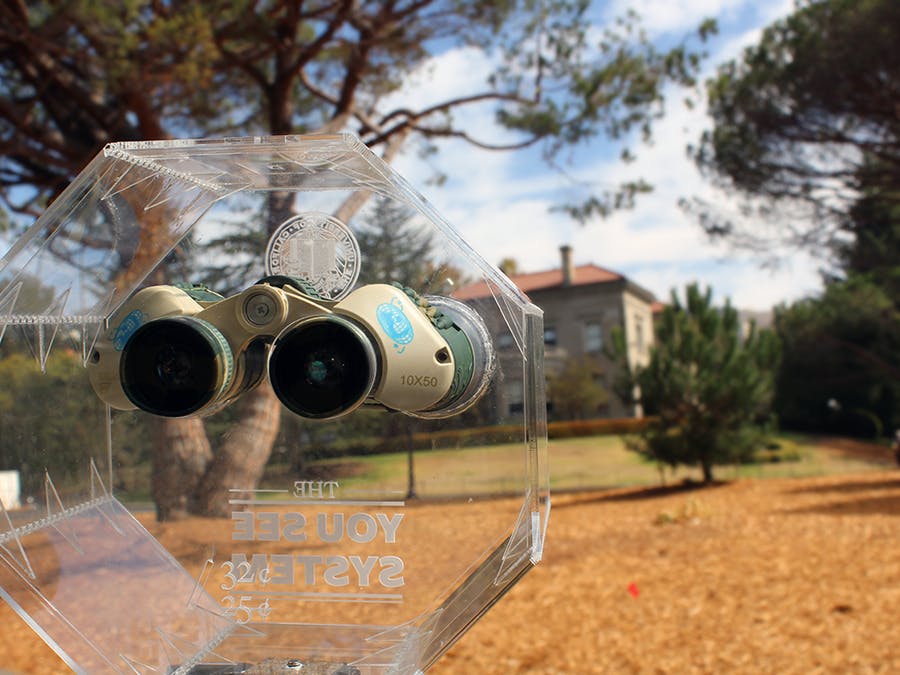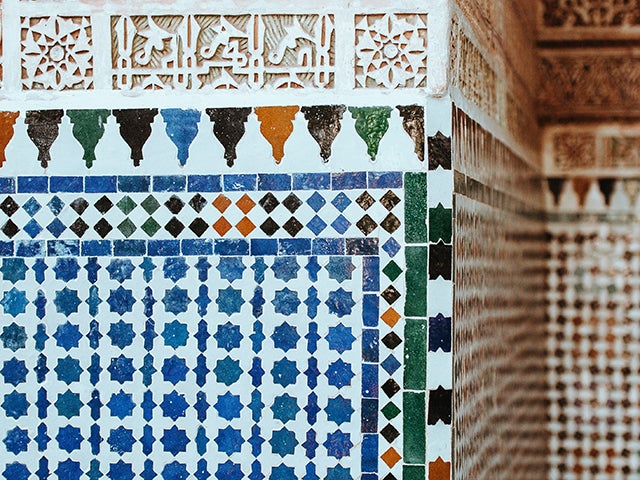2025 Summer Session D
6 weeks, July 7 - August 15
#12650
Reading and Composition
Where my girls at? Women (re)writing Italian history, 16th – 21st centuries
Blake Alexander De Luca, Diego Pirillo
Jul 07, 2025 - Aug 15, 2025
Tu, We, Th
12:00 am
Internet/Online
No Open Seats

This course explores and problematizes the traditional and canonic narration of Italian history and culture. Indeed, the modern student interested in Italy will encounter a rich array of artists, writers, political figures, philosophers and more… and yet remain blissfully unaware of the role women played in all the above-mentioned fields. Through this class, the students will learn about prominent women throughout Italian history, reflect on their roles in the general society and in the more exclusive intellectual and/or political circles they existed in, and gain critical knowledge on the erasure of women from Italian history.
The course covers the time period between the XVI and XXI centuries (roughly 1500 – 2020), and will focus on literary texts, poetry, artworks, and other primary sources as instruments to question, problematize and deconstruct the canonic narration of history.
This course is a writing-intensive class which fulfills Part B of the university’s requirement for Reading and Composition and teaches students to read and reflect critically about literary texts and works of art and to express their own, original ideas in an argumentative academic essay. Assignments will focus on close reading, text analysis, visual analysis and written composition. Students will also learn to develop their own ideas and respond to those of their classmates through class discussion and peer review.
Primary Texts include (readings will be in English; subject to change):
Laura Cereta, In defense of the liberal instruction of women, 1488
Moderata Fonte, The merit of women, 1600
Arcangela Tarabotti, Paternal tyranny, 1654
Elena Ferrante, My brilliant friend, 2011
Igiaba Scego, The color line, 2020
Secondary Texts include (readings will be in English; subject to change):
Constance Jordan, Renaissance feminism, 1990
Christiane Klapisch-Zuber, Women, family and ritual in Renaissance Italy, 1985
Meredith Ray, Daughters of Alchemy, 2015
Caroline Castiglione, Accounting for affection, 2015










